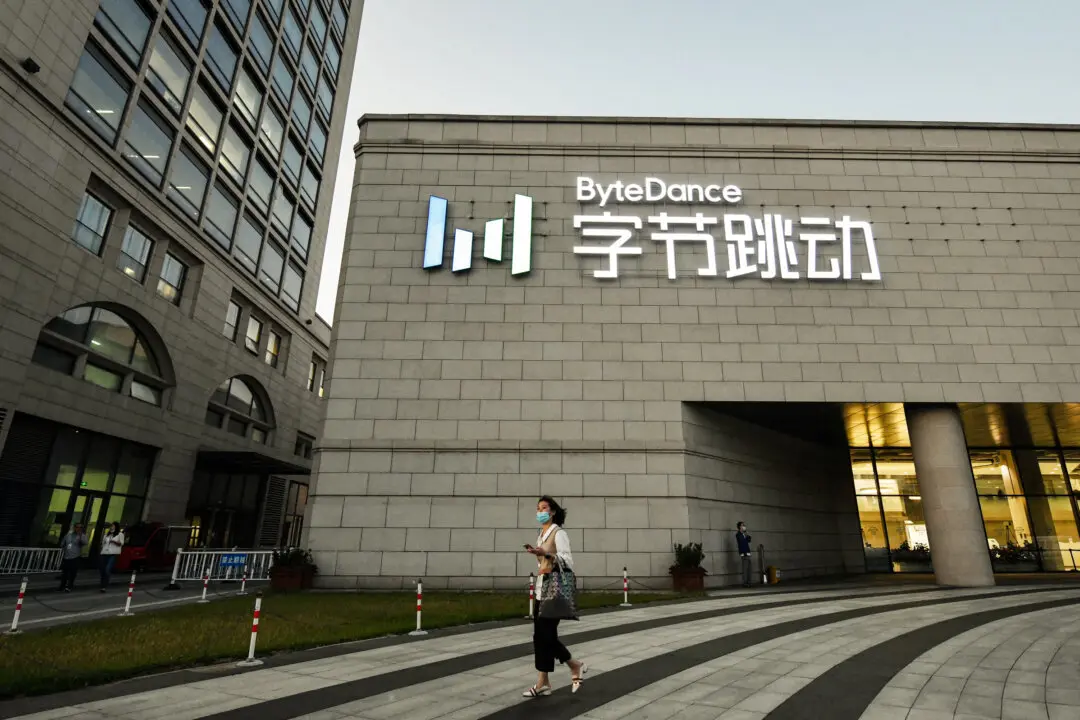This year marks the centenary of China’s ruling Chinese Communist Party (CCP) and the religious groups in the country held various activities to observe the upcoming occasion.
During the Qingming Festival (Tomb-Sweeping Festival or China’s Memorial Day) on April 4, Buddhist and Taoist temples in many provinces sent their monks to visit the tombstones and gravesites of communist martyrs and to pledge allegiance to the Party. The Chinese Catholic Patriotic Association held a lecture on the CCP’s history.




